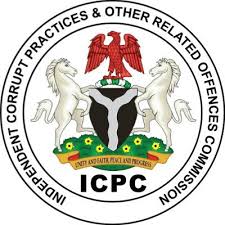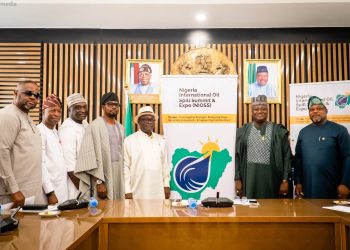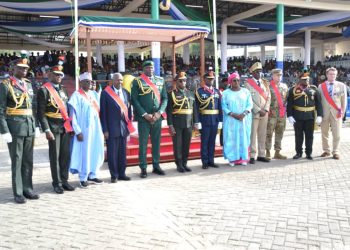By Nkechi Eze
The healthcare sector in Nigeria has faced numerous challenges, including inadequate funding, inefficient resource management, and corruption. These issues have hindered the delivery of quality healthcare services, exacerbating the suffering of vulnerable populations, particularly the poor and children. In recent years, the Nigerian government has intensified efforts to address these challenges, recognizing the critical role of the health sector in promoting national development and well-being.
On the premise of this, the Independent Corrupt Practices and Other Related Offences Commission (ICPC), has Partnered with the Ministry of Health to Ensure Transparent Use of Resources, Improve Healthcare Delivery.
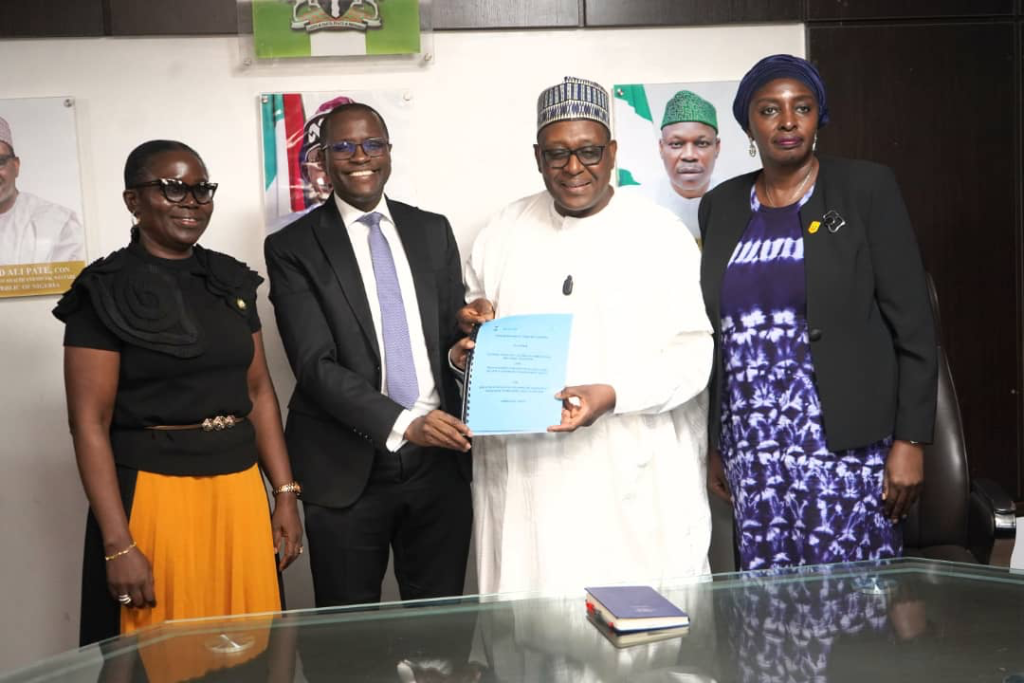
The Chairman of the commission Dr. Musa Adamu Aliyu, SAN, affirmed that the Memorandum of Understanding (MoU) signed between the Commission and the Federal Ministry of Health and Social Welfare (FMOHSW) will guarantee the efficient and transparent use of resources allocated for the well-being of Nigerians.
Dr. Aliyu disclosed this during the formal signing of the MoU, titled “Implementation of Preventive Corruption Measures in Nigeria’s Health Sector,” held on Monday 17 March 2025, at the FMOHSW Headquarters.
Dr. Aliyu while speaking at the event, explained that the agreement is designed to alleviate the healthcare burdens faced by vulnerable groups in Nigeria adding that “ICPC has identified the challenges plaguing primary healthcare delivery, particularly affecting the poor and children. These are areas where we intend to focus our efforts”.
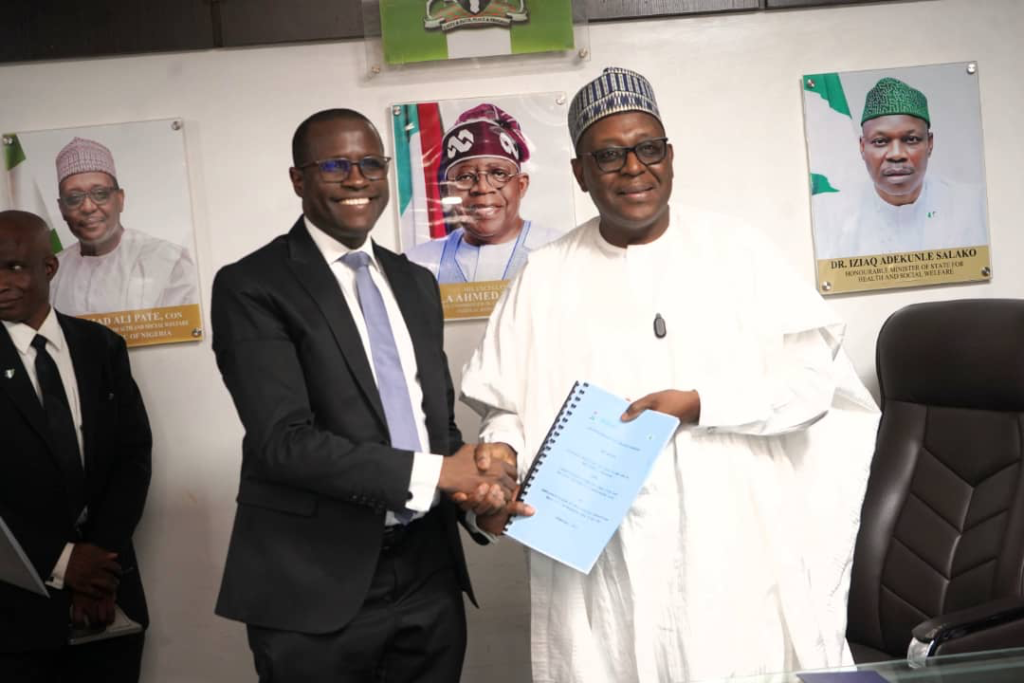
The ICPC Chairman described the collaboration as a significant step toward achieving the renewed hope agenda championed by the current administration, emphasizing the critical importance of proper resource management in the health sector.
Dr. Aliyu while reaffirming the Commission’s commitment to investigating corrupt practices, recovering stolen assets, and holding perpetrators accountable in the country assured the Minister of Health that the Commission’s extensive nationwide network would monitor the use of healthcare resources closely. He also emphasized the need to leverage the expertise of the FMOHSW to prevent misappropriation.
Dr. Aliyu, who cited previous successes in recovering funds, vehicles, and medical supplies originally meant for public healthcare services, pointed out that contracts and procurement processes have often been exploited by unscrupulous actors to siphon public funds.
However, he expressed confidence that the newly signed MoU would close such loopholes and ensure swift action against offenders.
Also speaking at the event, the Honourable Minister of Health and Social Welfare, Professor Muhammad Ali Pate, CON, reiterated the Ministry’s commitment to the objectives of the MoU in combating corruption within the health sector.
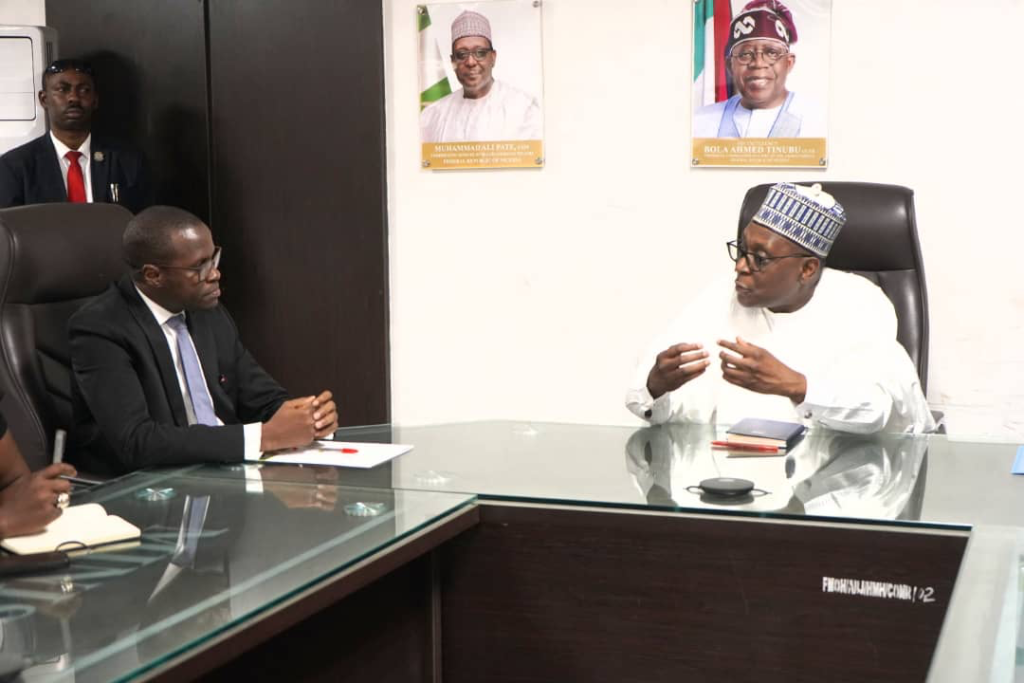
The Minister commended the efforts of the joint task force established in collaboration with the ICPC, describing the MoU as evidence of its positive impact.
Professor Pate stressed that the health sector plays a vital role in the well-being of Nigerians and that it is crucial for allocated resources to be maximized and used effectively. “As long as we continue to strive for improvement, this country will keep making progress,” he remarked.
He underscored the importance of integrity in resource distribution, warning that healthcare delivery would be compromised if frontline workers do not receive the necessary support.
According to the Minister, curbing corruption in the sector will boost health investment initiatives and improve living standards through enhanced healthcare infrastructure and services.
“The governance pillar of the health sector investment initiative is fundamental. That is why this partnership with the ICPC and other agencies is so critical to our success,” Professor Pate added.
He expressed optimism that the upcoming year would witness remarkable growth and development in Nigeria’s health sector. This growth is expected to be driven by medical relief programs that focus on transparent procurement and equitable distribution of medical supplies and equipment to local communities nationwide.


